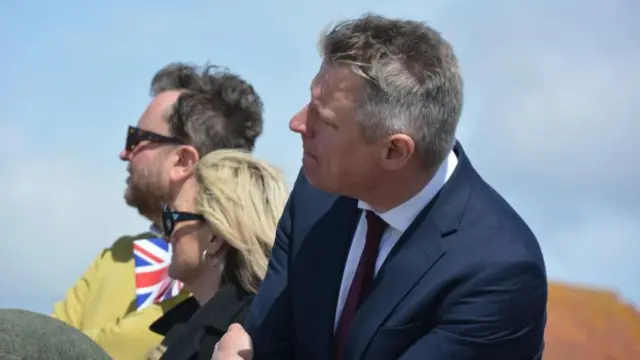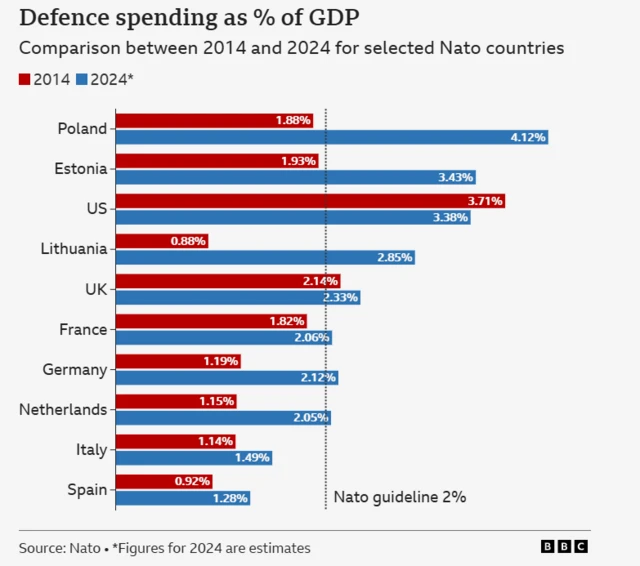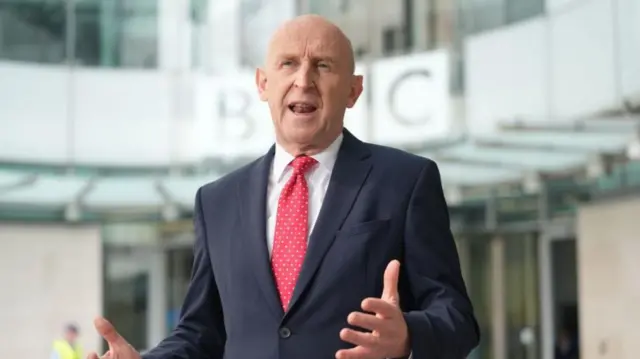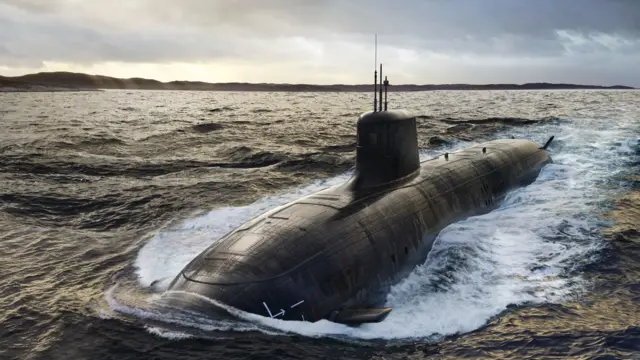'If you want to deter conflict, best way is to prepare for conflict,' Starmer tells BBCpublished at 08:17 BST 2 June
Starmer tells BBC UK must 'prepare for conflict'
The prime minister begins by saying the world has changed and that we're entering a new era for defence and security.
He says there is "greater instability" and threats, and he wanted his government's defence spending review - launched today - to make clear the challenges the UK is facing and is likely to face.
The principles are "warfighting readiness", having an integrated armed forces and a "Nato-first approach", he says.
If the world has changed then we need to be ready, he says, adding:
"If you want to deter conflict, then the best way to do that is to prepare for conflict."




